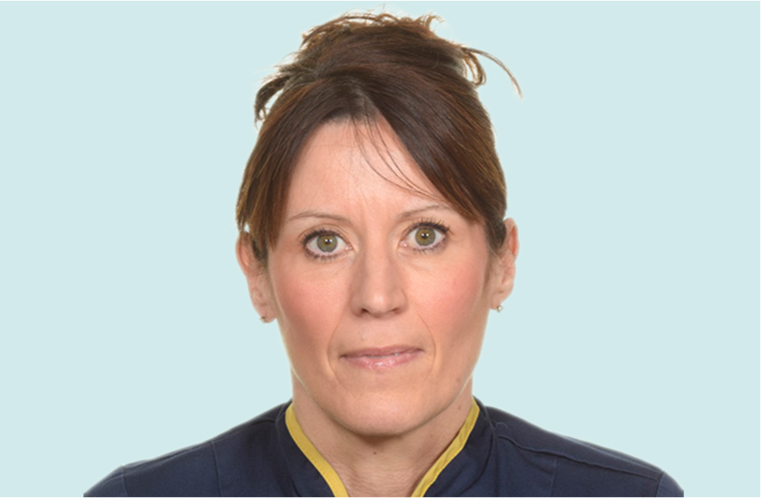
I am watching with interest the debate around the planned regulation of the physician associate by the General Medical Council (GMC). At the end of October, Rimmer (2023) reported that, at a specially convened meeting organised in response to a letter co-signed by more than 300 doctors, it was warned that the rapid expansion in the number of physician associates and anaesthesia associates posed risks to public safety and to ‘professional jurisdiction’.
My interest relates to the work that the Nursing and Midwifery Council (NMC) is undertaking, exploring if it should regulate the role of ‘advanced nurse’ or ‘midwifery practitioner’, with a key driver being public protection. Accepting that the NMC already regulates registered nurses and midwives, work is in progress to consider the scope of these roles.
Advanced practice is commonly described as a level of practice. Research by the Nuffield Trust (Palmer et al, 2023), commissioned by the NMC, identified 11 countries with ‘significant similar scopes of advanced practice as in the UK’, all of which regulate roles working to a similar scope of practice. The Nuffield Trust identified that ‘the greatest risks (across all clinicians) appear to relate to tasks such as diagnosis and interventions’ and that nurses in the UK are doing more work traditionally conducted by physicians than nurses in most other countries, suggesting that advanced practice could fall outside of their initial regulatory scope.
Although I have received requests for more employers to be represented at the NMC steering group, it has been important to progress the work with the key lines of enquiry that arose from the Nuffield Trust research to steer us towards a preferred regulatory option, from maintaining the status quo right through to full regulation of the setting and monitoring of education standards. What has become clear is that, in the absence of regulation of advanced practice, assurance of capability and working within scope has been led not professionally but by individuals and employers.
Currently, practitioners working in advanced practice roles are responsible for being aware of their own limitations and for recognition of the parameters of their scope of practice. However, the Nuffield Trust (Palmer et al, 2023) reported that practitioners were not always clear about their scope.
Employers are still responsible for assuring practitioners are safe and competent for the roles for which they are employed; however, this is not a simple task. In 2006, written evidence was submitted to the Select Committee on Health, where it was cited that:
‘It is difficult to define what the scope of practice should be for these new groups of practitioners because roles evolve on a continual basis. Seeking ever more narrow definitions of practice may even be counter-productive as it could make nursing less able to respond to society's changing health care needs.’
Current public protection for those working in advanced roles is via primary regulation of professions and the Health and Social Care Act 2008, which places responsibility on employers, via regulations 12 and 18, to ensure staff are trained and supported.
Concerns were raised within the Nuffield Trust report about some settings and organisations outside the NHS where many participants believed there was an increased risk of harm to people using services. The concerns relating to non-NHS organisations were focused on weak assurance of suitability or preparation of the advanced practitioner for their role. Variability between employers in checks for suitability for advanced practice were reported.
‘An agreement on the scope of advanced practice across the four nations will be required to build a definition’
An agreement on the scope of advanced practice across the four nations will be required to build a definition, and work is under way to progress towards a cross-regulatory definition although, as outlined above, caution is required to ensure any stipulations on scope don't restrict practice where workforce requirements indicate a need for the workforce to be flexible.
The aim for the NMC in reviewing potential for regulation of advanced practice is to provide assurances on a higher level of practice with significant levels of clinical responsibility and corresponding potential for higher risk.
Throughout the four UK countries there is currently varying language to describe similar elements within a scope of practice, and a variance in job descriptions and pay bands. There is also a need for clarity about where and what risk the NMC would be looking to manage. Defining scope has been identified to risk reducing the flexibility of this workforce at a time where this is needed to increase as a key output of this work.


